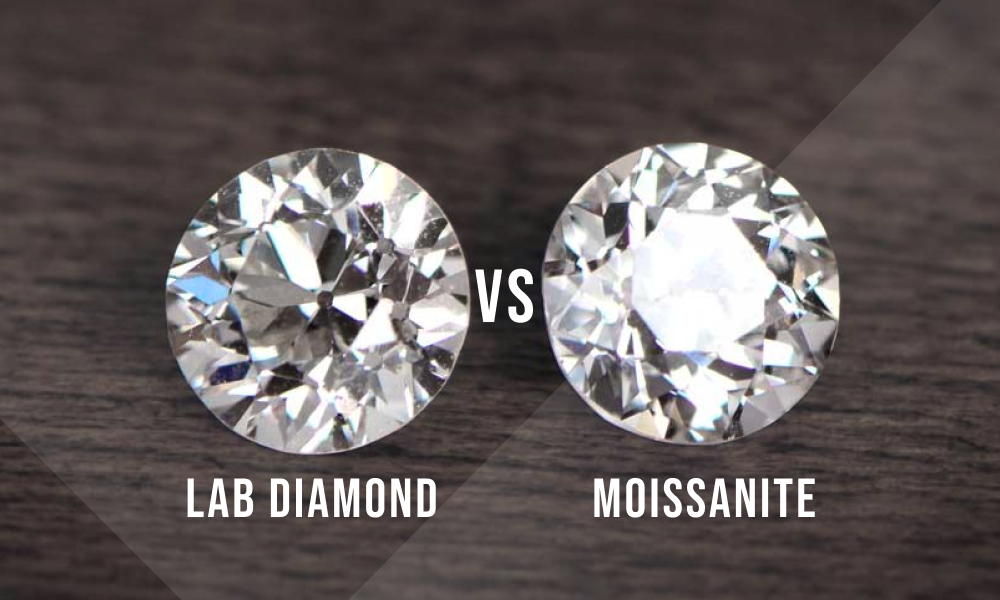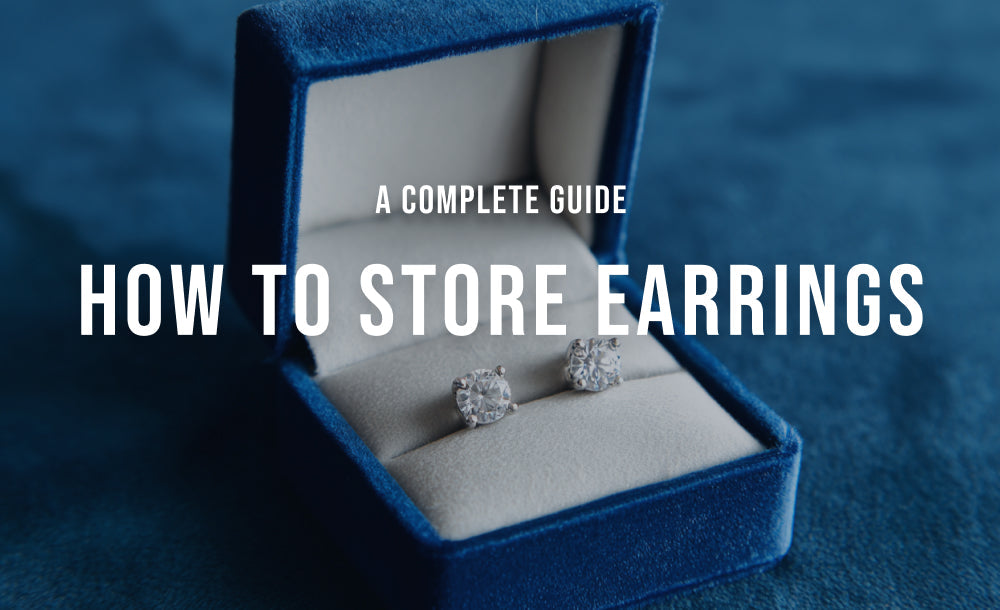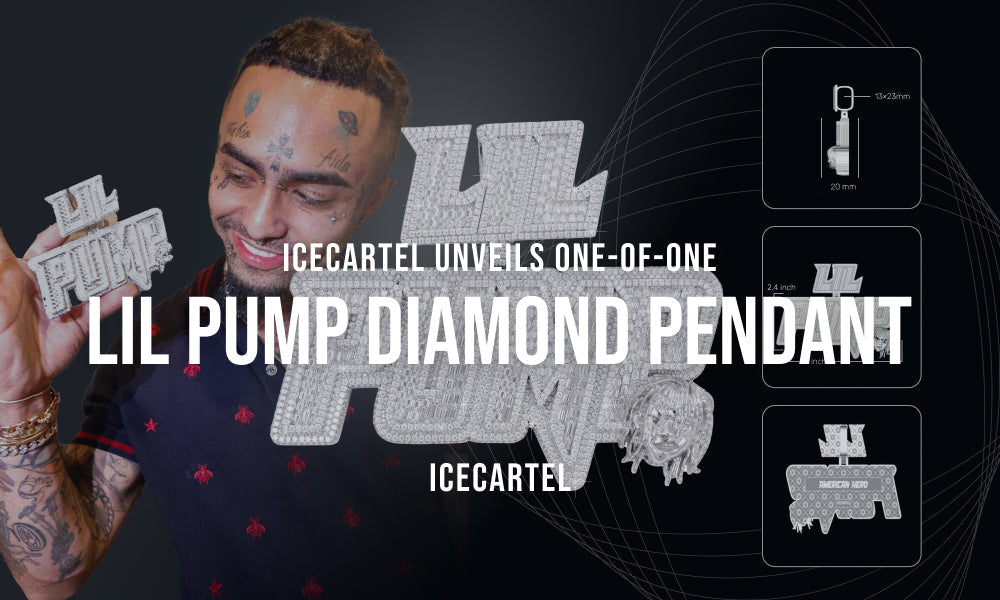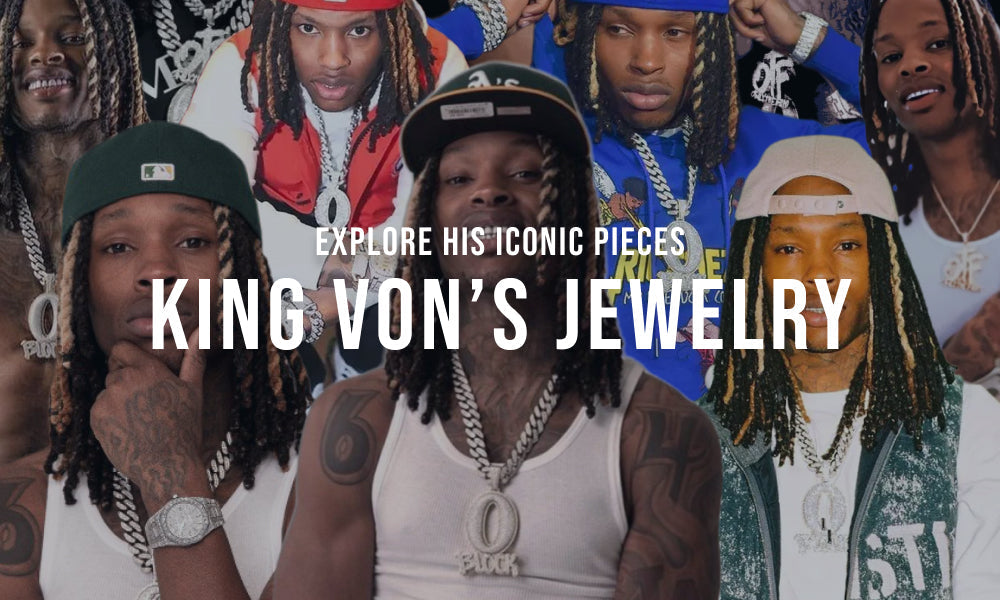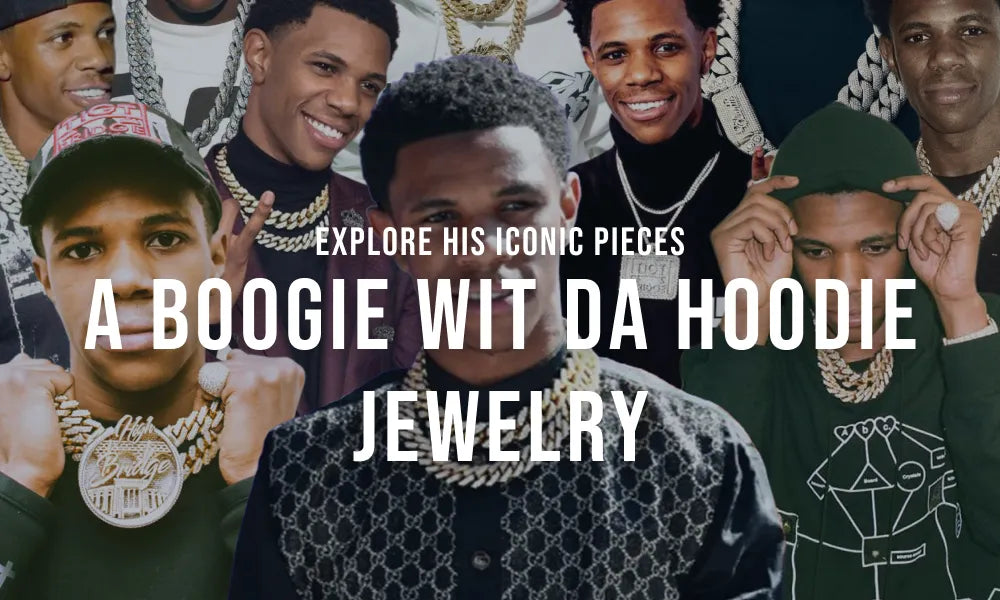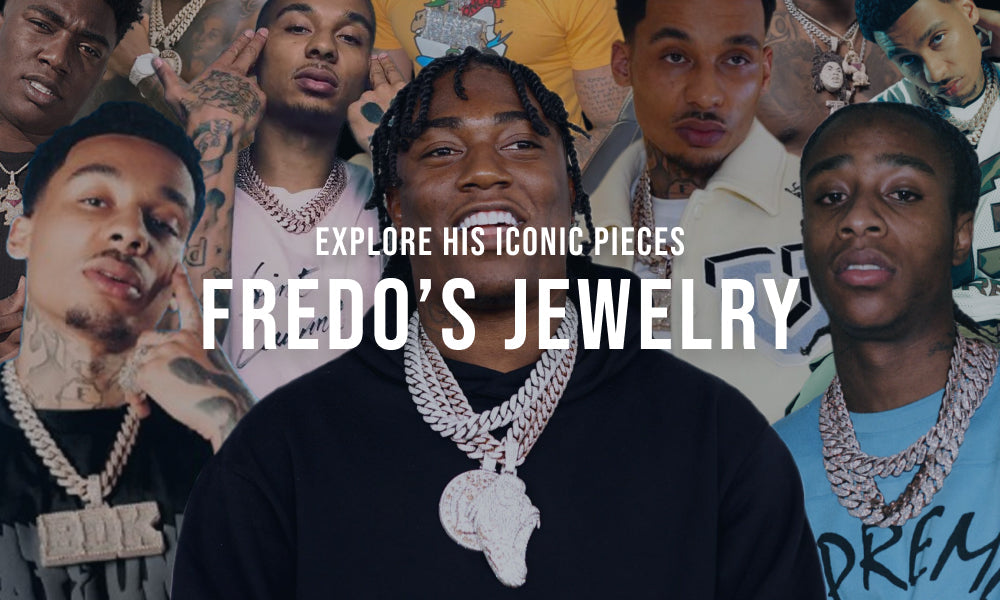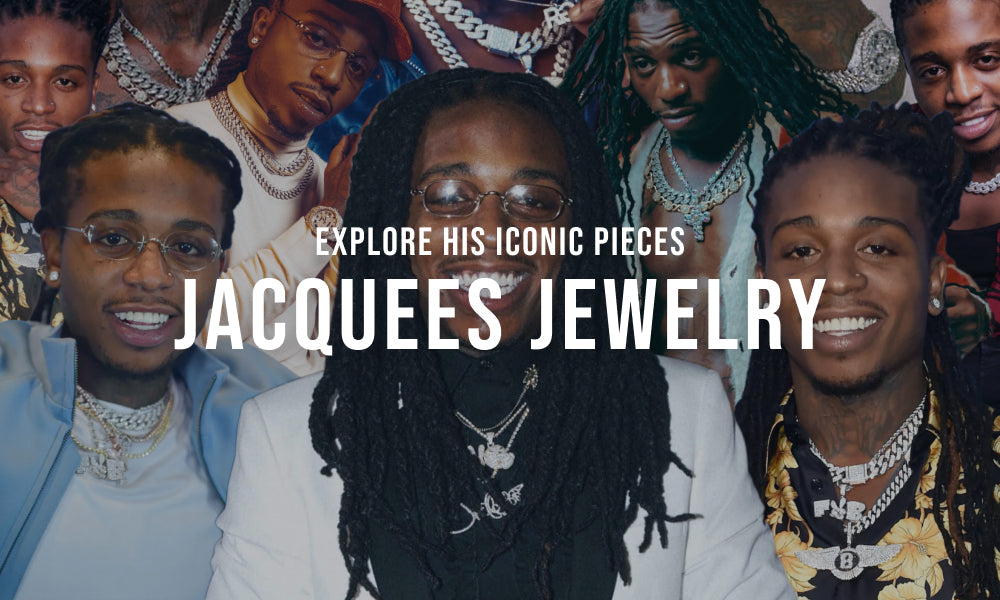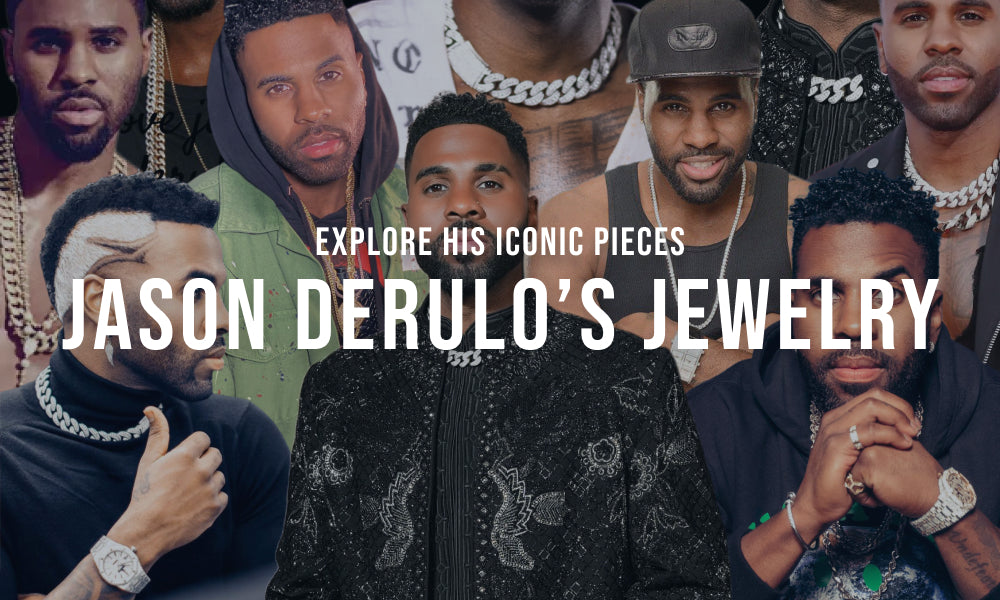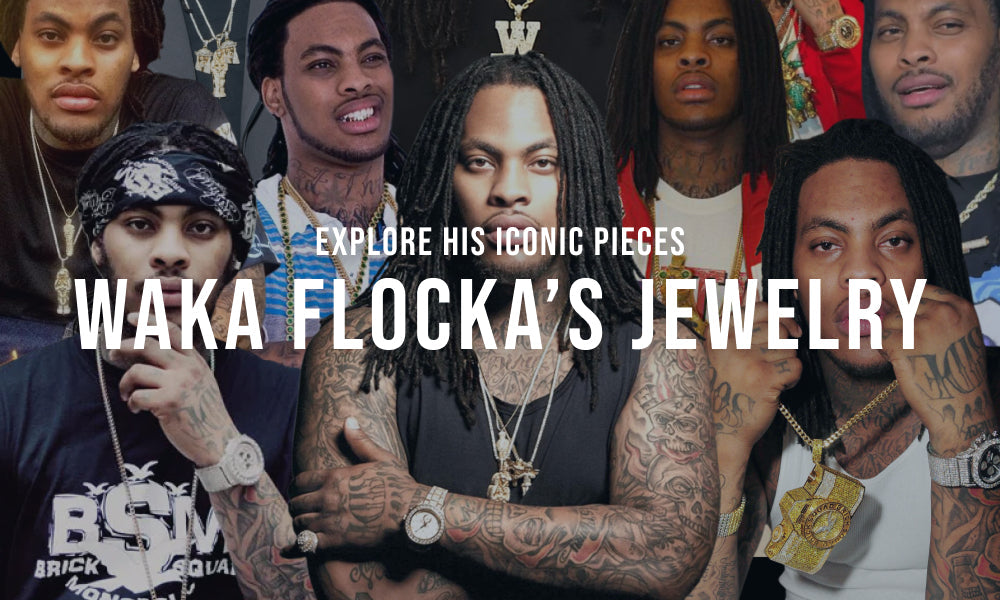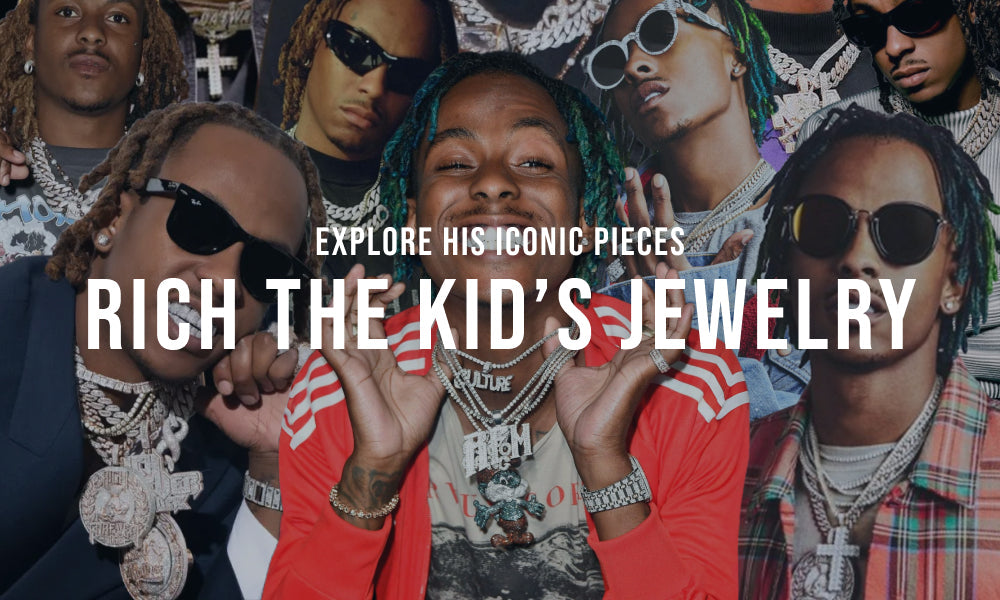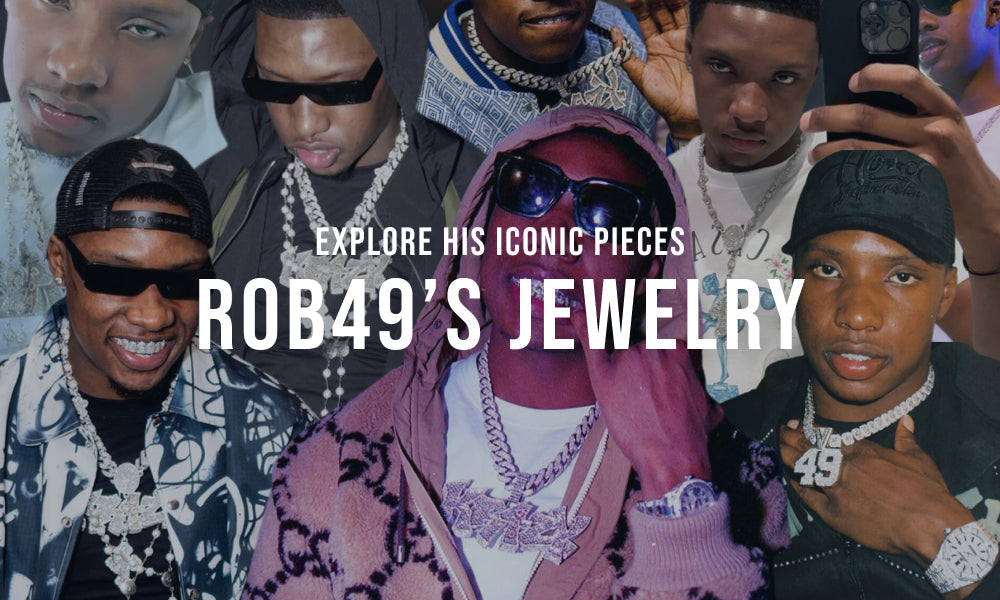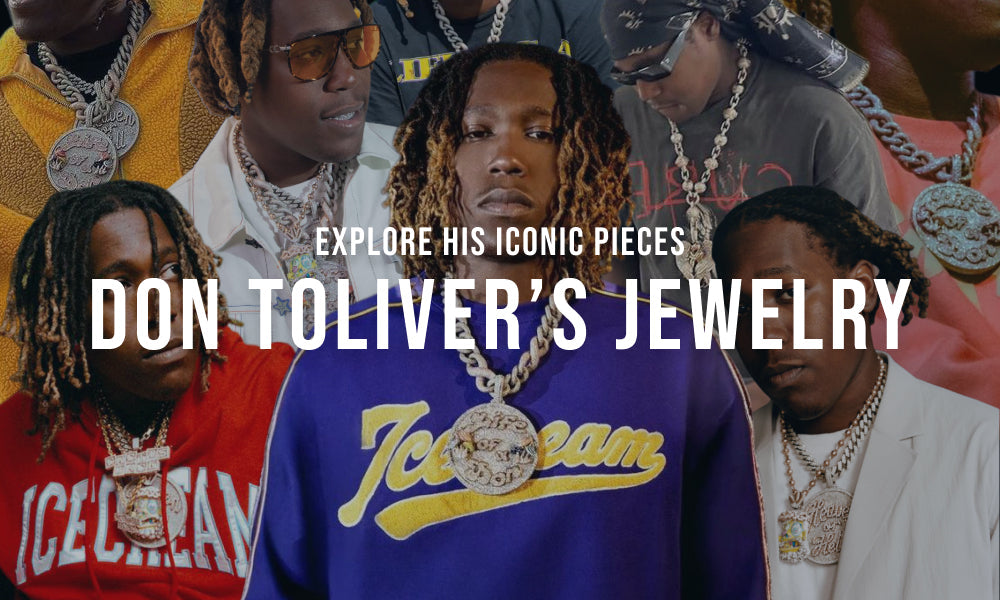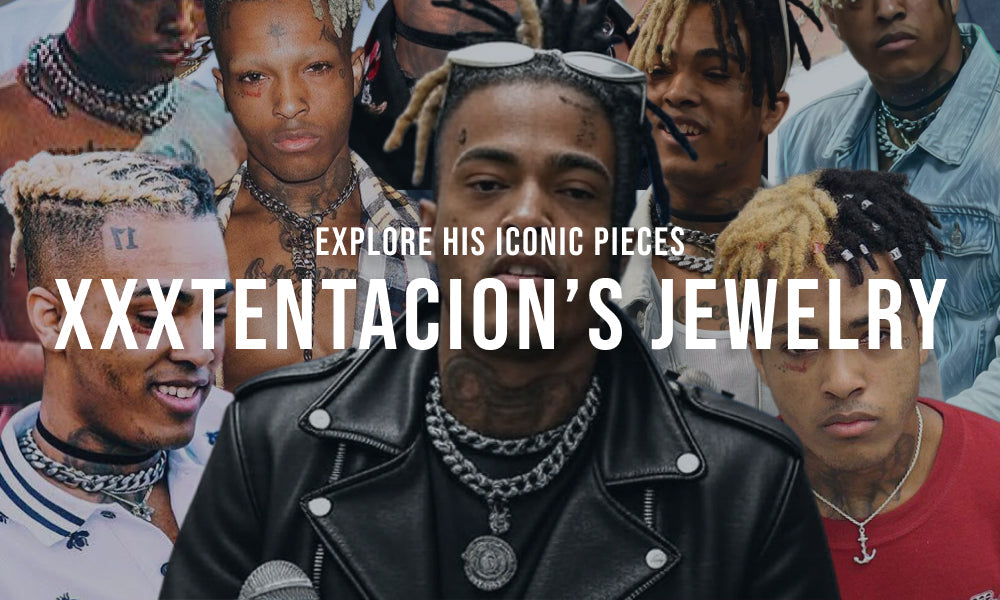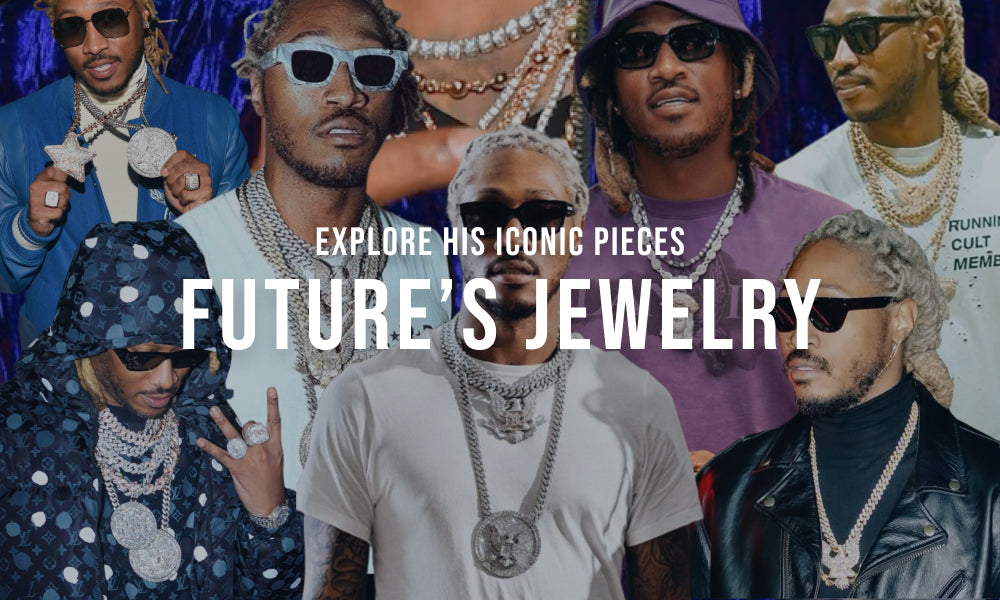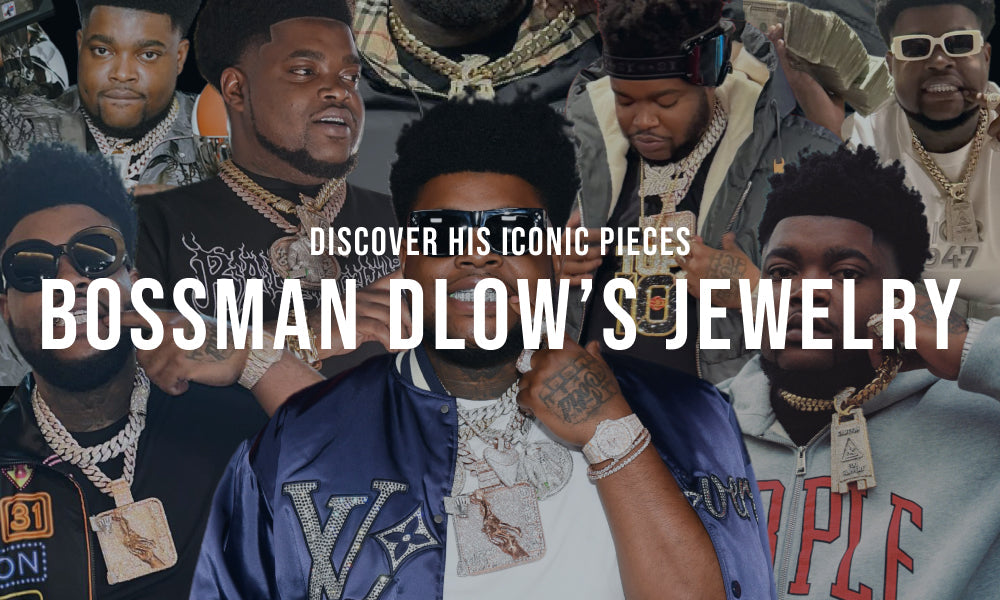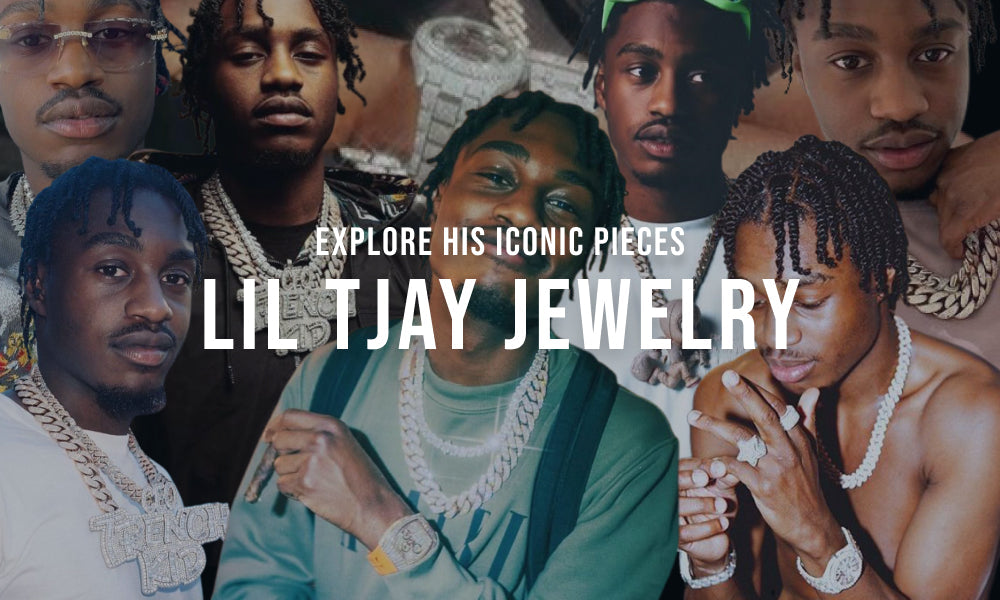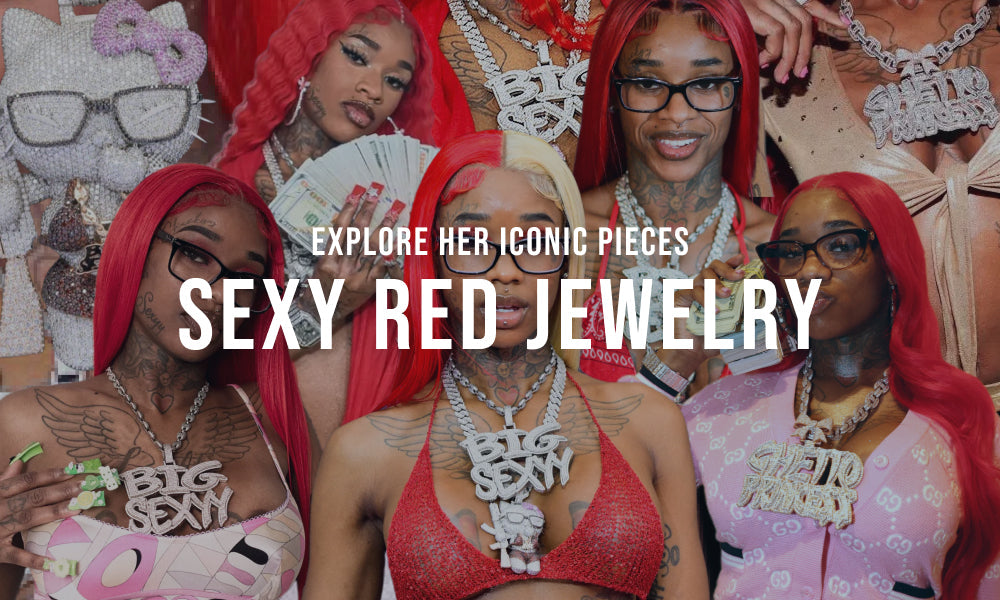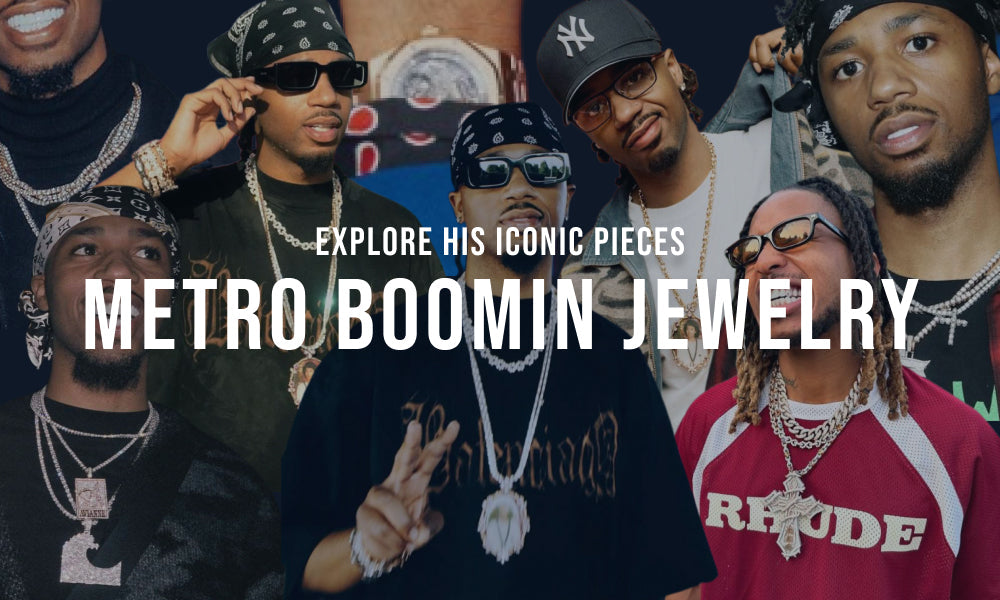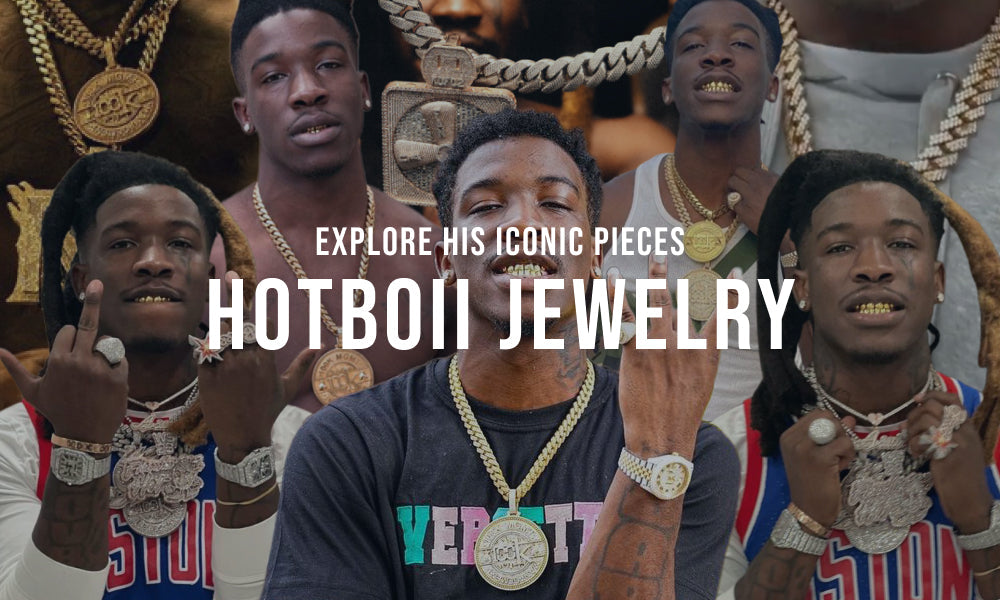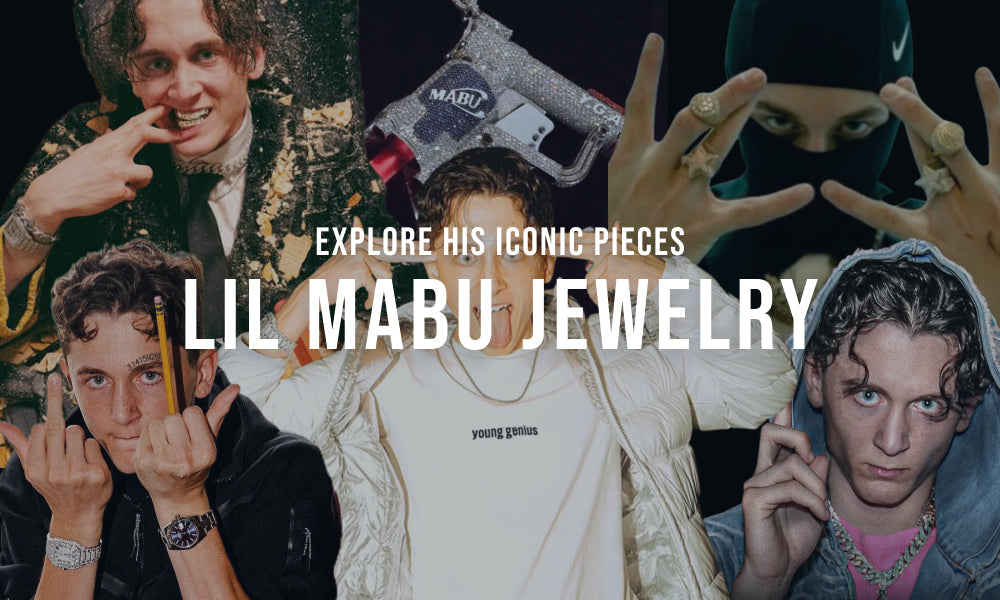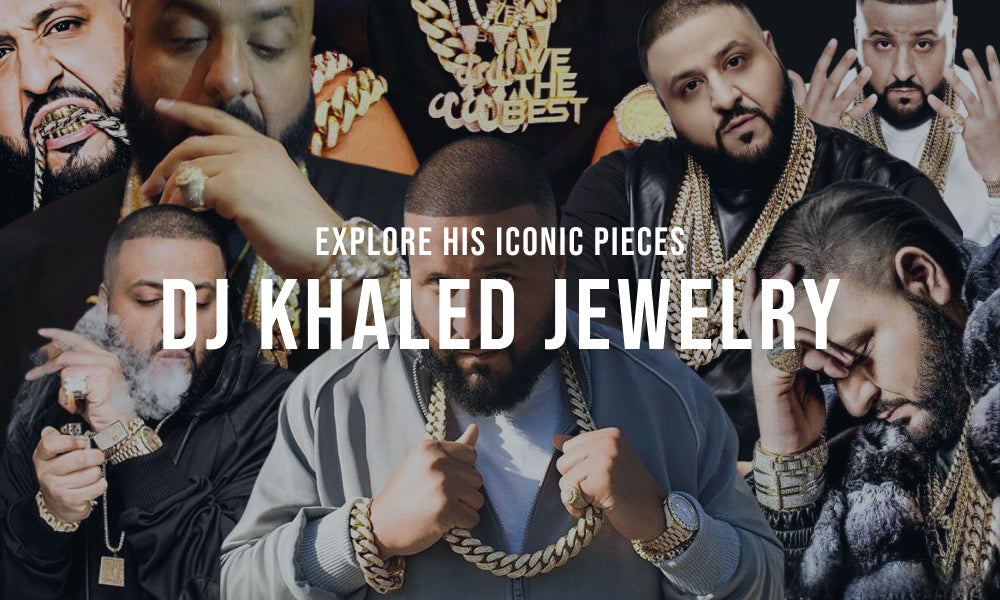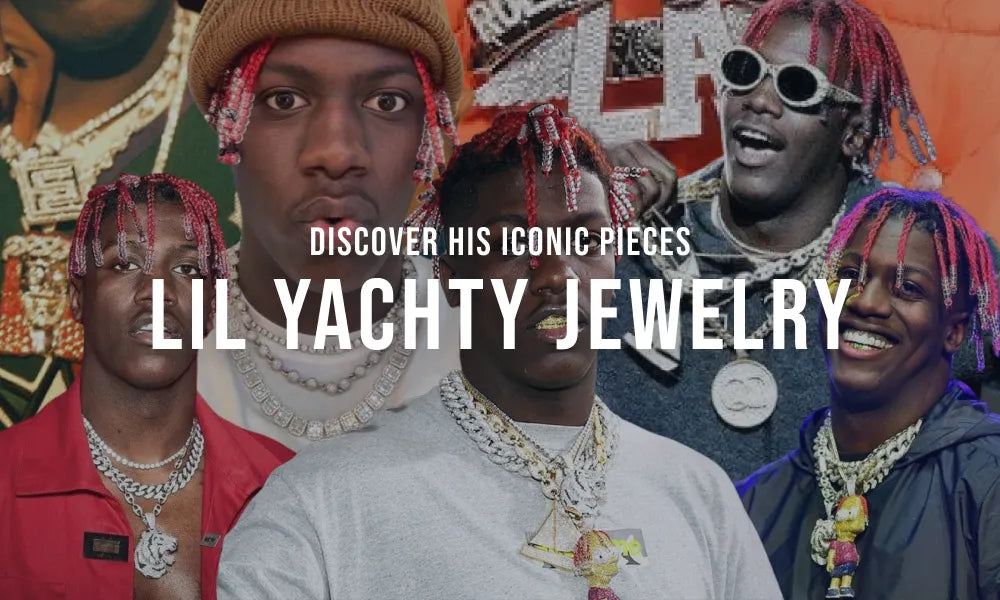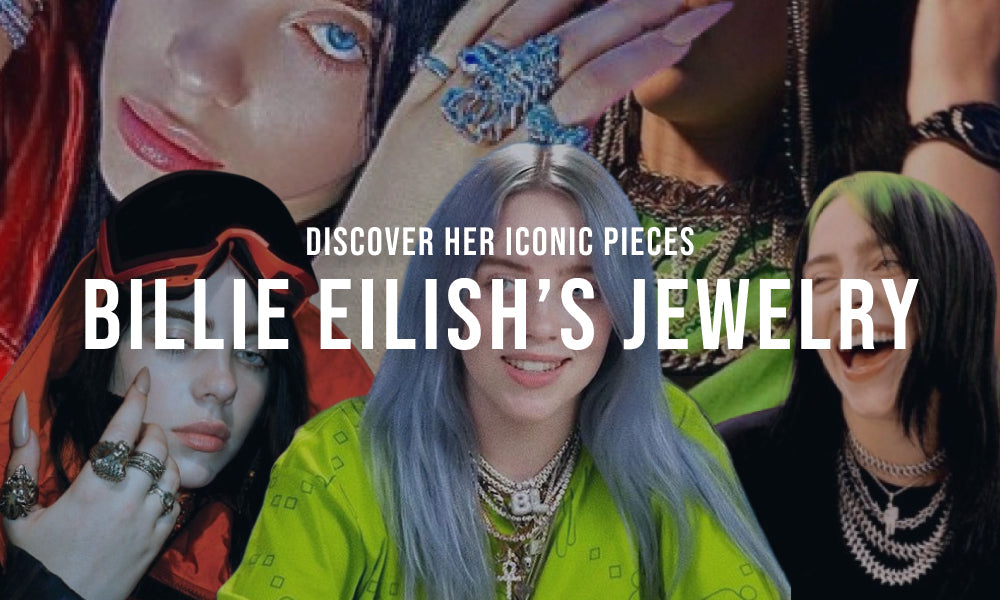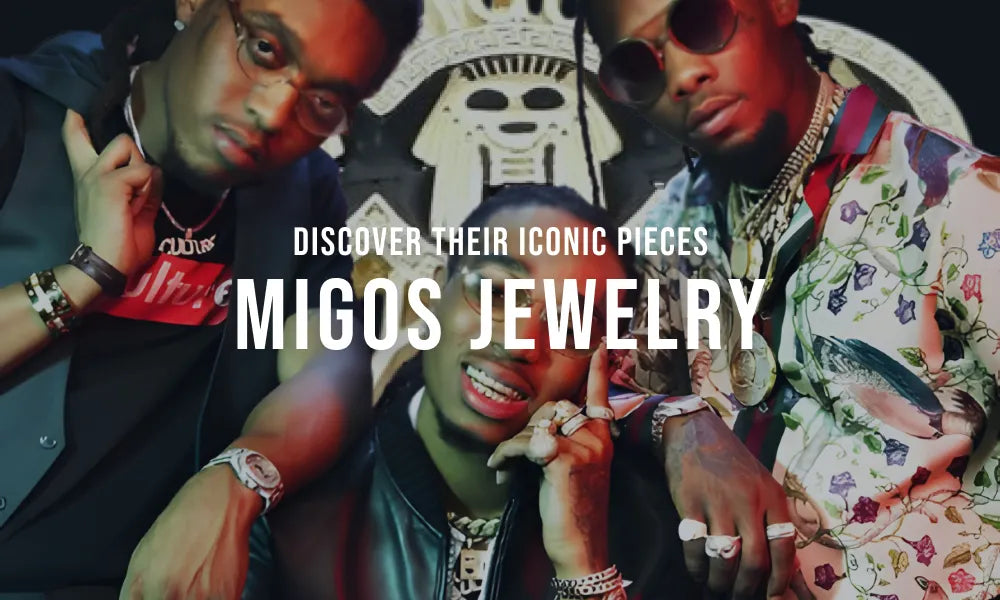This blog post will cover the topic of cut. Cut plays an important factor in the moissanite’s beauty and value. Exploring all the fascinating aspects of any stone’s cut makes purchasing an engagement ring, wedding band, or statement ring easier as you narrow down potential options.
Understanding Moissanite's Sparkle: Brilliance and Fire
A stone (not just moissanite) can be described as having brilliance and fire. Brilliance and fire affect the overall aesthetic of the stone, in addition to identifying the mineral and describing its unique characteristics. Moissanite is actually the world's most “brilliant” gemstone–more brilliant with more fire than a diamond.
The refractive index measures the bending of a ray of light when passing from one medium into another (Britannica), or what is called fire. The higher the refractive index, the more fire and brilliance the stone exhibits.
Fire refers to the sparkle influenced by the color of a gem when exposed to light. Although the term fire is commonly used to describe a diamond, it also pertains to moissanite.
Brilliance refers to the amount of light a cut and faceted gemstone reflects back to the viewer from the stone's interior. High or low brilliance determines the overall beauty of the stone as it reflects the light from different angles.
Factors Affecting Moissanite's Sparkle
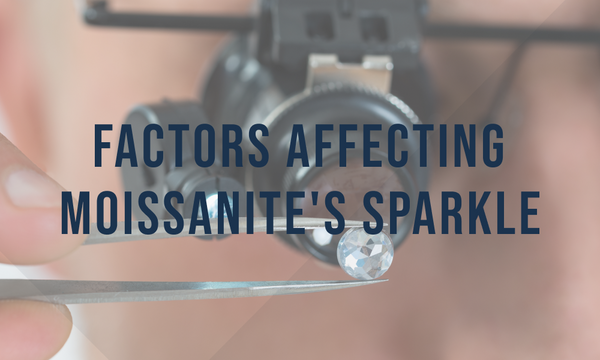
Moissanite's remarkable refractive index of 2.65 to 2.69 combined with an adamantine luster and noticeable double refractivity (visible under 10x magnification with doubling immediately visible at the facet junctions) makes it distinctive--a stand out amongst other stones, including diamonds. The "disco-ball" or rainbow effect moissanite exhibits as it showcases its glamorous display of light dispersion.
The Role of Cut in Moissanite's Sparkle
Moissanite is assessed based on the 4Cs, a grading system developed by Robert M. Shipley, the founder of GIA (Gemological Institute of America) in the 1940s, which determines a diamond's value based on its cut, color, clarity, and carat (weight). The 4Cs is a universally recognized way to convey the stone's quality and value in a language that is easy to understand.
What is cut? Cut is about achieving the ideal symmetry and polished finish of the stone, allowing it to let the light shine through in the most effective way possible. Cut is considered the most important factor of the 4Cs, affecting all the others.
Interested in learning more about the 4Cs and how they pertain to other stones or if they are used to evaluate diamond simulants? Check out our blog Moissanite vs. Diamond vs. Cubic Zirconia: A Comparison Guide for more information on the topic.
Cut Quality and Proportions
To reiterate, cut refers to the symmetry of the cut and polished (finish) of the stone. Cut isn’t the same as shape. Shape refers to the shape of the stone; this includes round brilliant cut, marquise, pear-shaped, Asscher, princess, etc.
Diamonds and moissanite are renowned for their ability to transmit light and sparkle with intensity, with diamonds showcasing their icy-white sparkle and moissanite displaying its rainbow brilliance. An excellent cut brings these qualities to the forefront.
The Effect of Cut on Light Performance
How well moissanite's facets interact with light is directly related to the precision, artistry, and workmanship required to fashion a stone to its correct proportions, symmetry, and polish. An ideal or excellent cut delivers a stunning return of light.
A poor cut may make the stone lopsided with unsightly asymmetry, making the stone appear dull and lifeless. Poorly cut stones are harder to set correctly because of their irregular proportions. The light may disappear out of the bottom of the faceted stone causing darkness. Rather than amplify the brilliance and fire of the stone, a poor cut will attract attention to its flaws and inferior craftsmanship.
Top Moissanite Cuts for Maximum Sparkle
Have you wondered what is the best style for your moissanite ring? These are some of our top choices for shapes:
Round Brilliant Cut
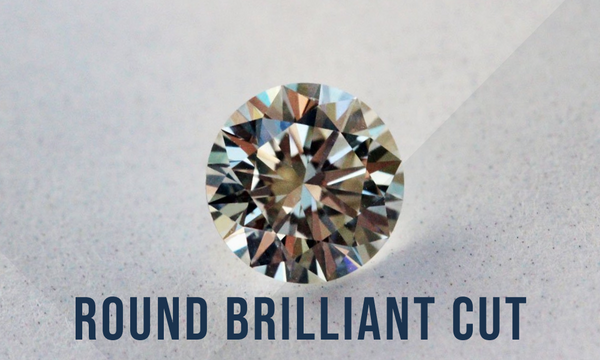
The round brilliant cut is the most popular of all shapes, easy to set into any fine metal, used at both center stones and center solitaires and clusters.. This classic cut features 57-58 facets, including a table facet (top) and a pointed bottom (culet). This cut maximizes the brilliance and fire, allowing light to enter through the largest table facet and reflecting it back through the crown and facets.
Cushion Cut
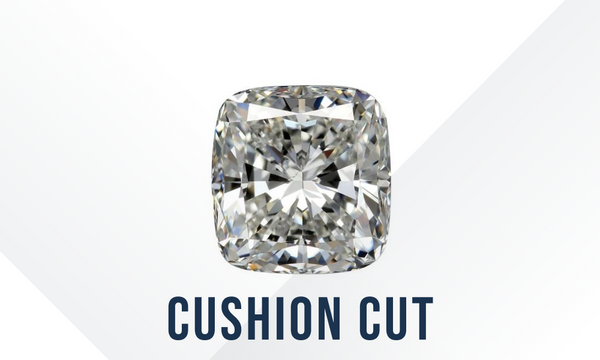
The cushion cut is vintage yet timeless with its unique geometry and intriguing placement of facets. This cut is characterized by its rounded corners, large facets, and soft, square or rectangular shape, resembling a cushion or pillow. This makes a cushion cut stone suited for those who love Old World elegance for the modern everyday world.
Oval Cut

Oval cut diamonds have the same amount that round brilliant has--they are also a brilliant cut containing 58 facets including the culet.
Radiant Cut
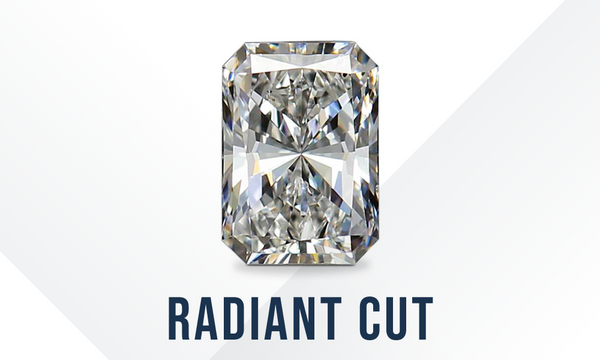
Radiant cuts feature a similar shape to an emerald cut, however, emerald cuts are step cuts with fewer facets. Radiant cuts offer a contemporary look to this classic cut glittering with 78 stunning facets, making it a brilliant choice. Radiant cuts exude a vintage flair updated with modern cutting techniques, an ideal choice for those who seek timeless elegance.
Cone Shape
The cone-shaped cut involves fashioning the diamond into a cone with around 58 facets, with the pointed end being the tip of the diamond, requiring precision and expertise for ideal symmetry. This unique shape reflects the light, making it a dream come true for those who seek fire.
Which Moissanite Cut Sparkles the Most?
Brilliant cuts such as round brilliant, marquise, oval, and princess cut diamonds offer the most amount of brilliance because of their multitude of facets. Step cuts such as emerald cut, appear as a window, allowing the light to pass through, making them great for higher clarity grades. Radiant cut has the most amount of facets, bringing forth all the sparkle you love and adore.
Factors to Consider When Choosing a Moissanite Cut
There are several factors to consider when choosing a moissanite cut, making it an exciting experience for those deciding on their favorite stone.
Personal Style and Preferences
The quality of cut and the shape of a moissanite affects the ring, bracelet, or chain’s brilliance and fire. Each unique shape has its own attributes so it's important to choose the one that best suits your personality, budget, and preference.
Setting and Jewelry Design
The setting will help complement and amplify the stone’s positive characteristics. It should also hide or diminish the appearance of any imperfections.
Prong & Bezel
Prong settings feature small metal tips holding the stone in place. Prong settings may have two prongs, three prongs, four prongs, and more, affecting the appearance of any jewelry design. Bezel settings feature an encased frame around the stone, highlighting its cut and symmetry.
Budget Considerations
Moissanite is a budget-friendly alternative to natural diamonds. This means you can get the design, carat, and size you want at a fraction of the price. This includes ideal cuts and good symmetry for the stone shape you really want.
Observing in Different Lighting Conditions
Observing moissanite in various lighting conditions (natural daylight, indoor, evening, low light) allows you to see how the stone really looks and reflects the light. This includes the setting or metal.
Comparing multiple stones side by side
Comparing multiple moissanite stones side by side can help you to spot the difference--do you like the overall appearance, size, shape, cut, and carat of the stone?
Seeking expert guidance
If you are unsure about how the moissanite's sparkle and fire will look once it has been placed in the setting or metal of your choice, seeking guidance from a Gemologist, skilled gemstone cutter, and other jewelry professional will reinforce any ideas or concepts for your finished jewelry design.
Frequently Asked Questions
Have questions about moissanite? Here are some answers.
Which moissanite shape looks most like diamond?
Because the round brilliant cut maximizes the diamond’s scintillation and fire, round brilliant cut moissanite may resemble diamond the most at first glance.
Which moissanite cut has the least fire?
Step cuts (emerald cuts) will have the least fire because they have the least amount of facets. A princess or cushion cut moissanite features a modern meets classic look, perfect for those who love geometric style with sharp edges.
What is the highest quality of moissanite?
Moissanite is graded according to the 4Cs, cut, color, clarity, and carat. High clarity grades like F, IF, VVS and D-E-F colorless color grades with excellent symmetry and complimentary cuts are the highest grade and quality.
Why is moissanite not as popular?
Moissanite refers to man-made moissanite. Lab-created stones have a negative viewpoint because of their origins–however, they are affordable, high-quality, and beautiful, offering unique optical and chemical characteristics.
Summary
Moissanite is a durable and versatile gemstone, strong enough to be cut and fashioned into popular shapes and sizes. But which moissanite cut sparkles the most? Learning about different cuts impacts the gemstone's dispersion of light, brilliance, fire, and overall appearance.
Cut is the symmetry of the stone. Shape is the shape of the stone. Excellent cut and complementary shapes reflect the light, displaying show-stopping fire.
A stone (not just moissanite) can be described as having brilliance and fire. Brilliance and fire affect the overall aesthetic of the stone. Each shape should reflect your personality, budget, and style preference.
References
Fire (definition of)
Britannica: Refractive Index
https://www.britannica.com/science/refractive-index
GIA: Understanding Diamond Cut

























